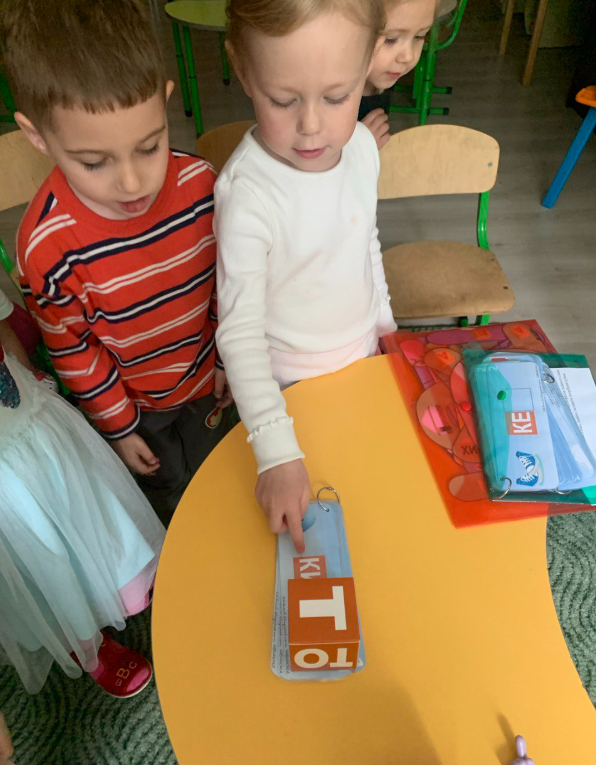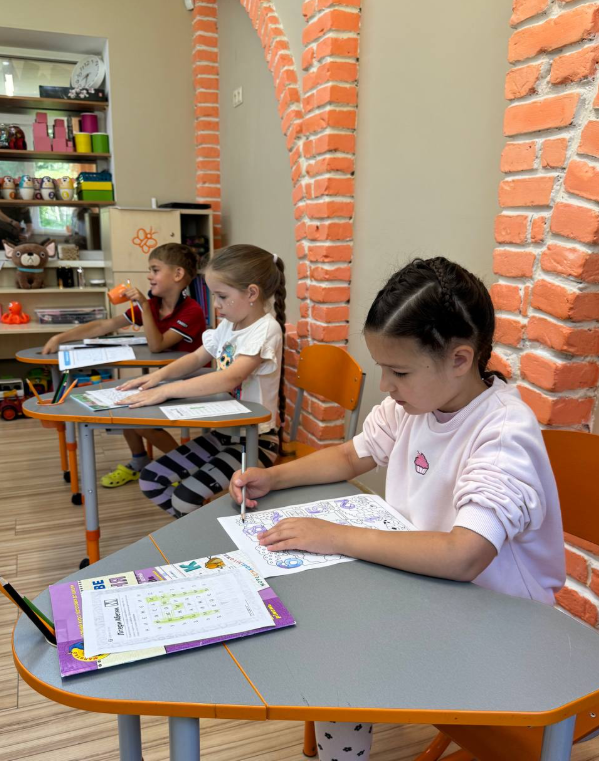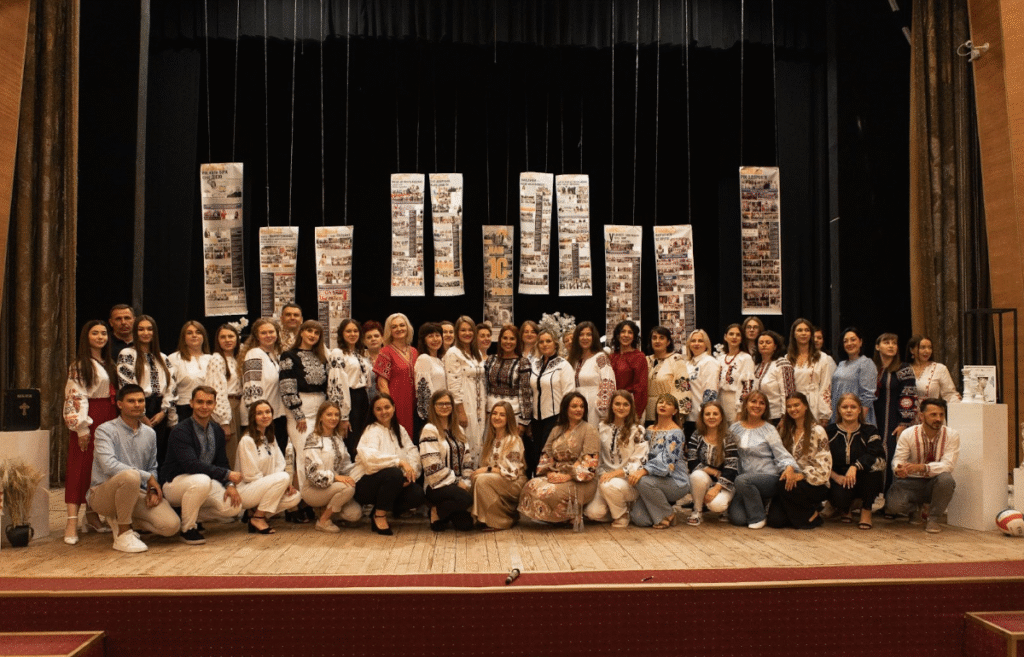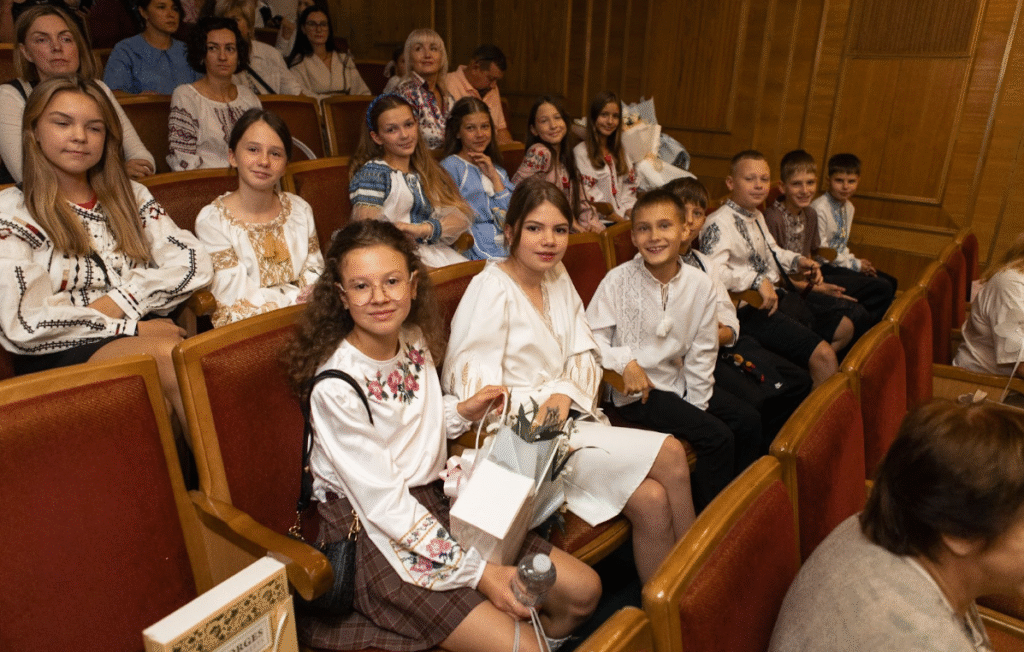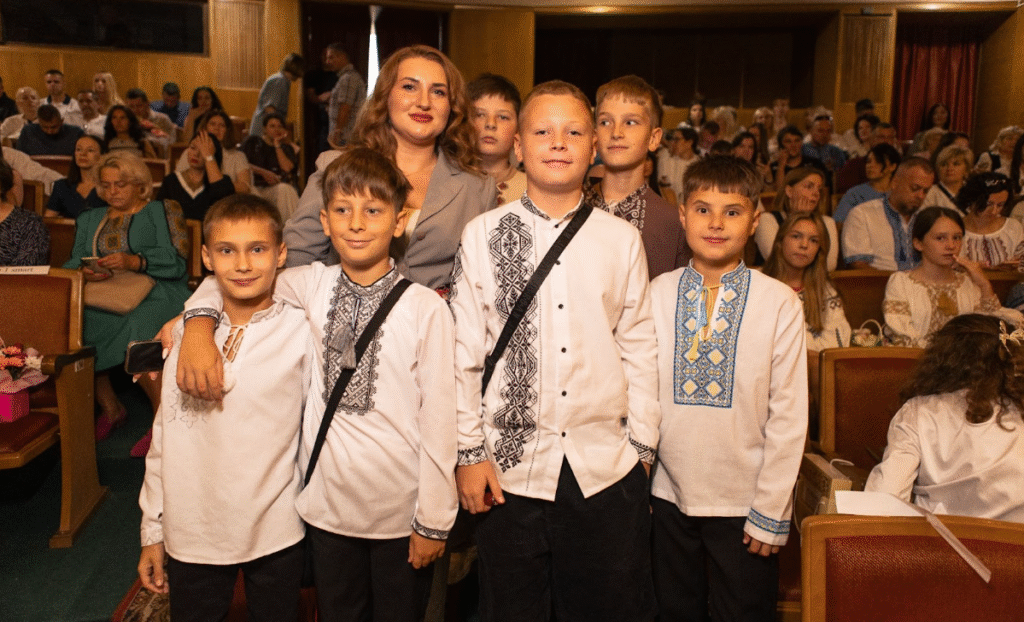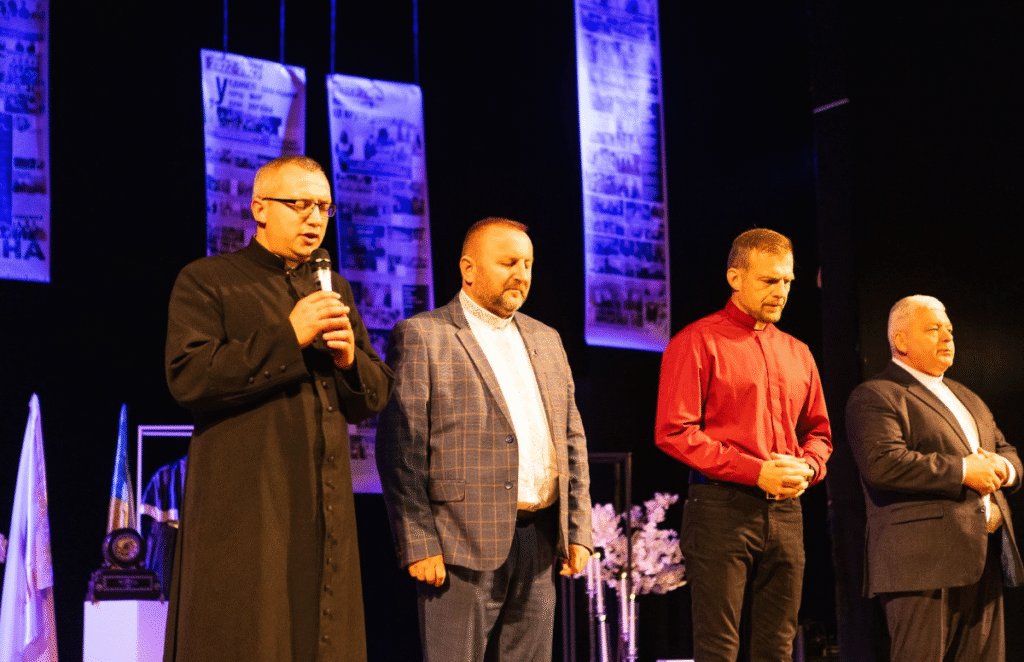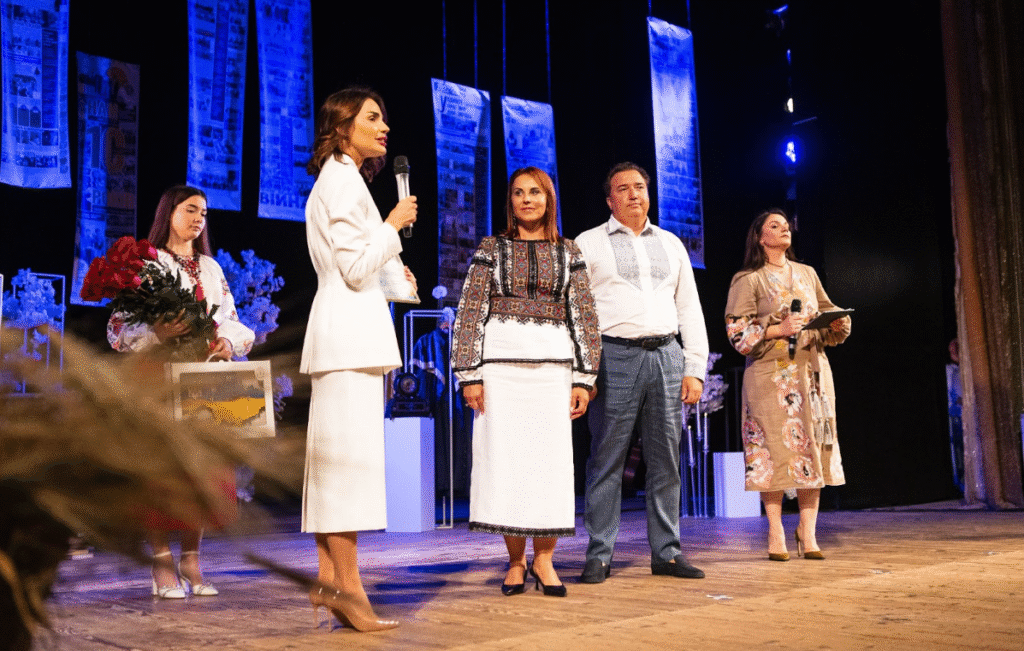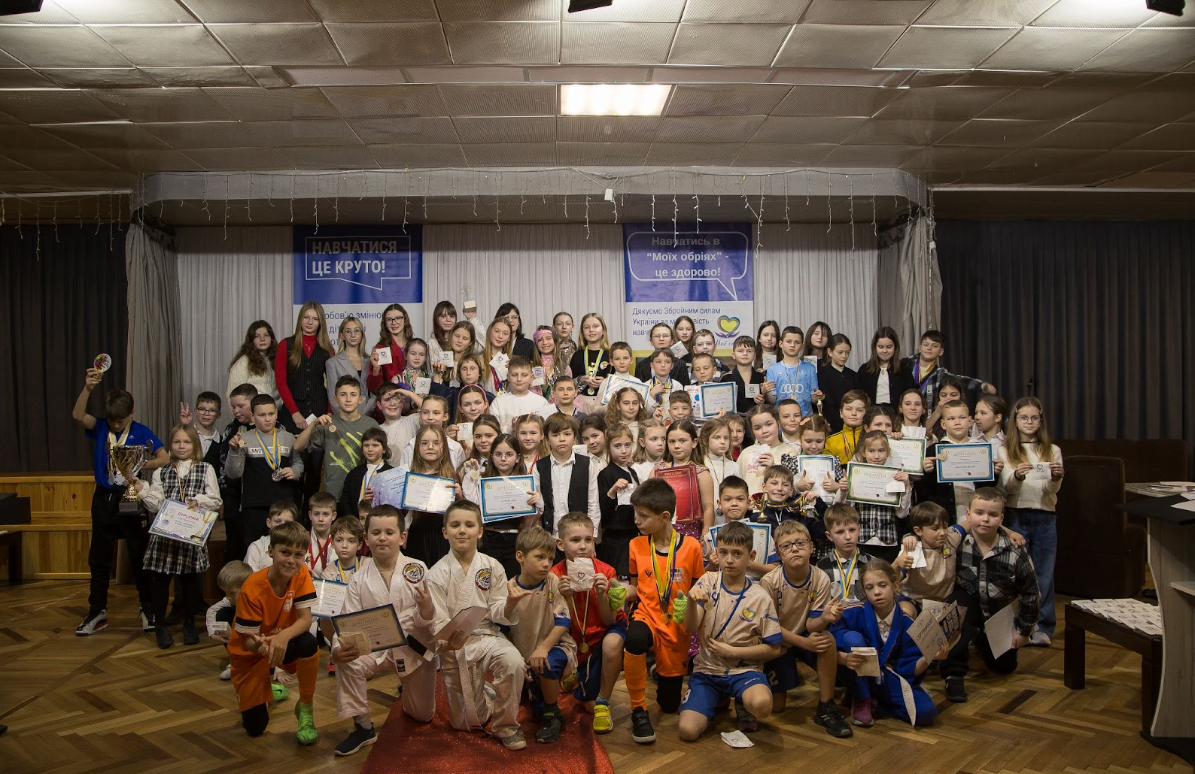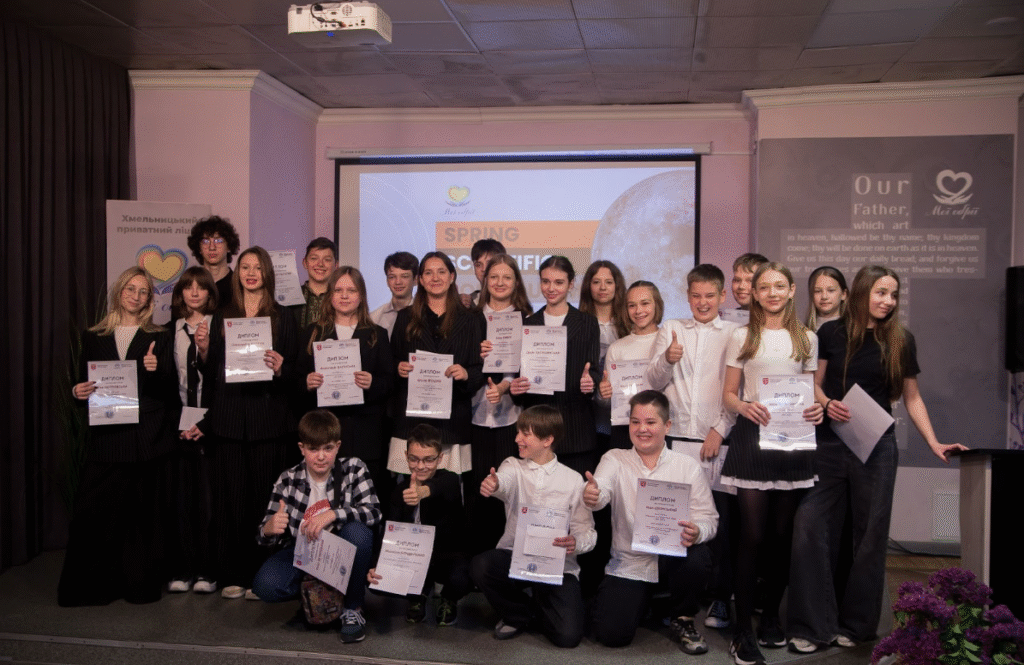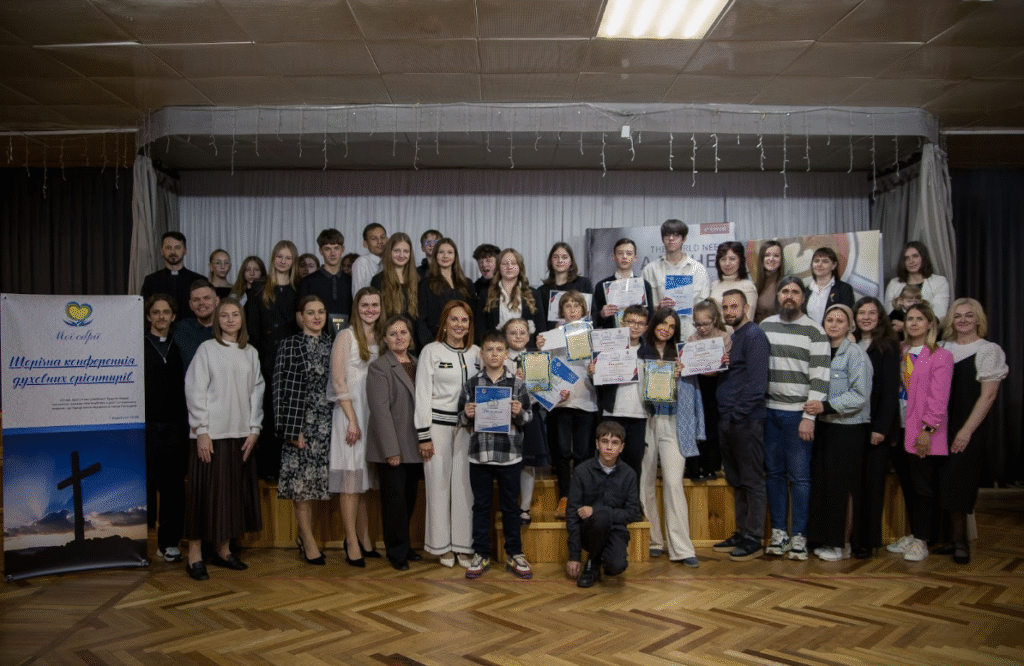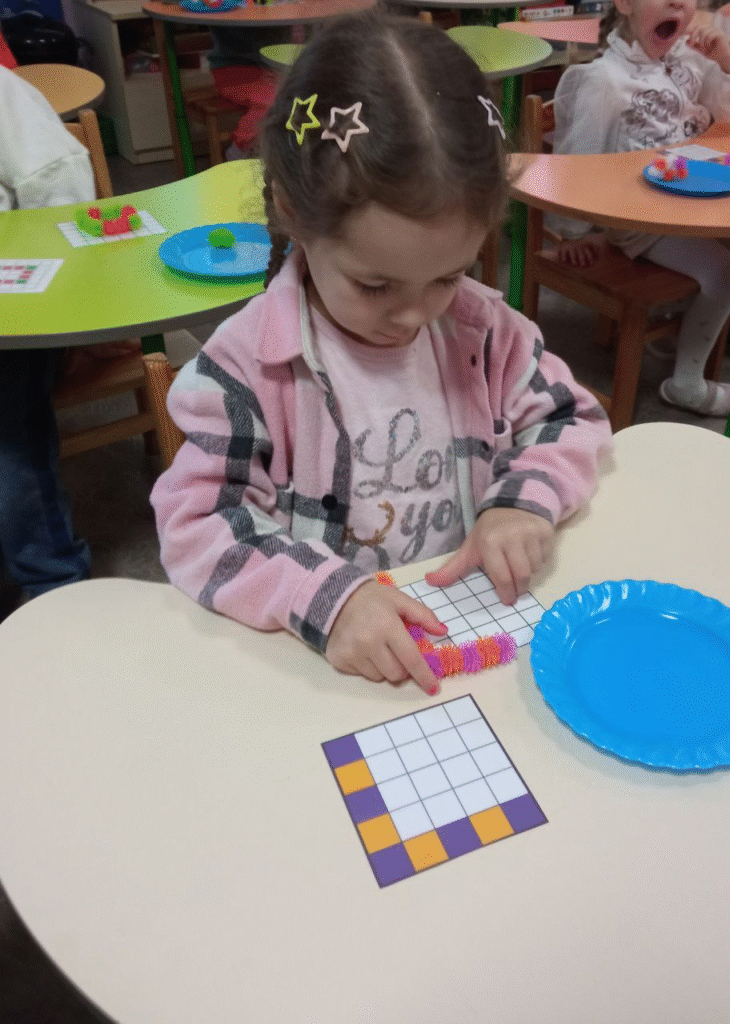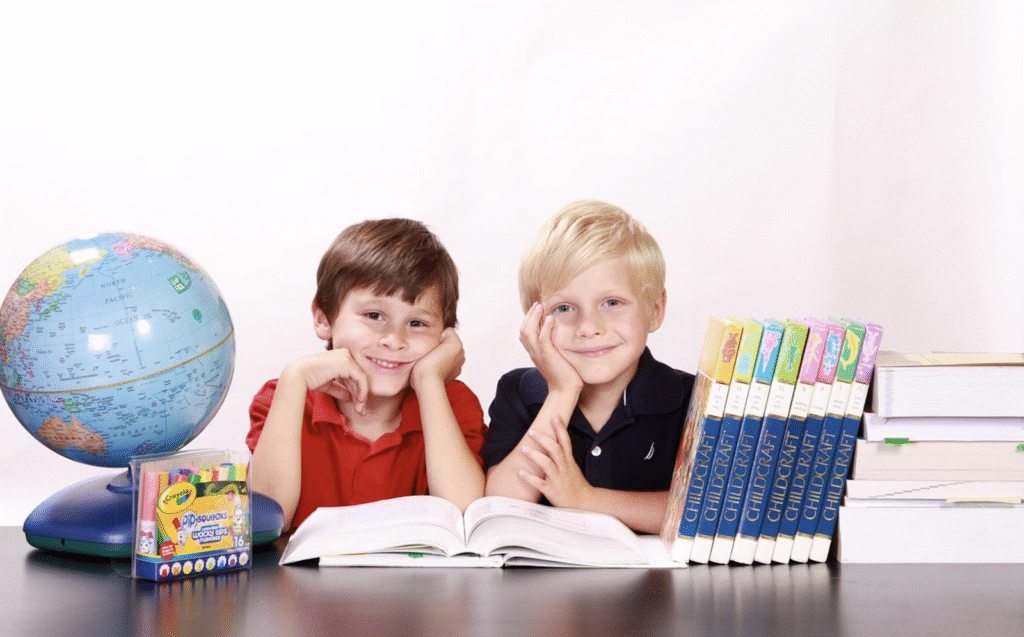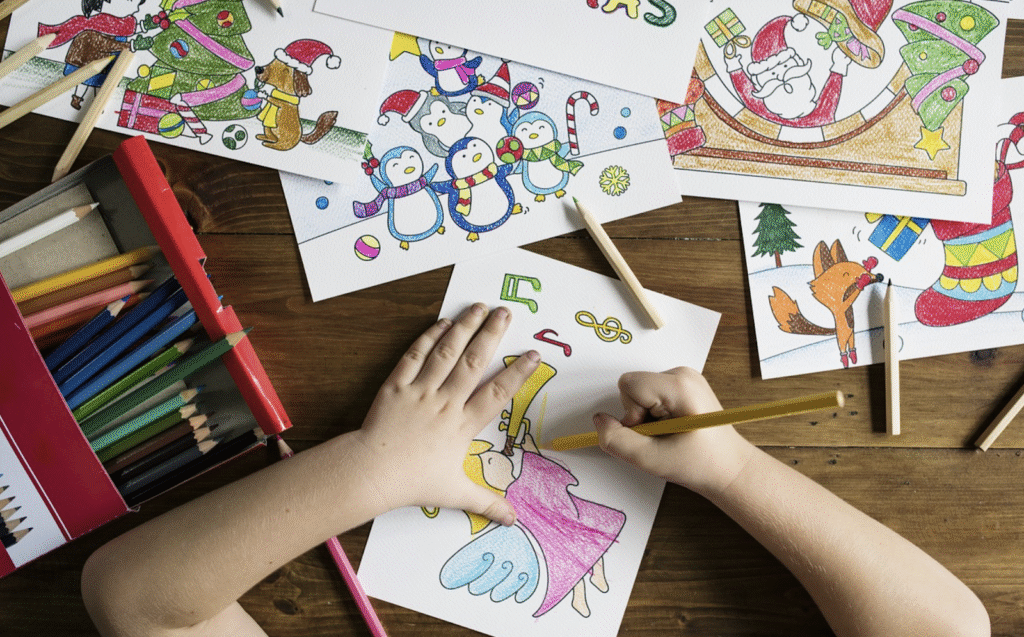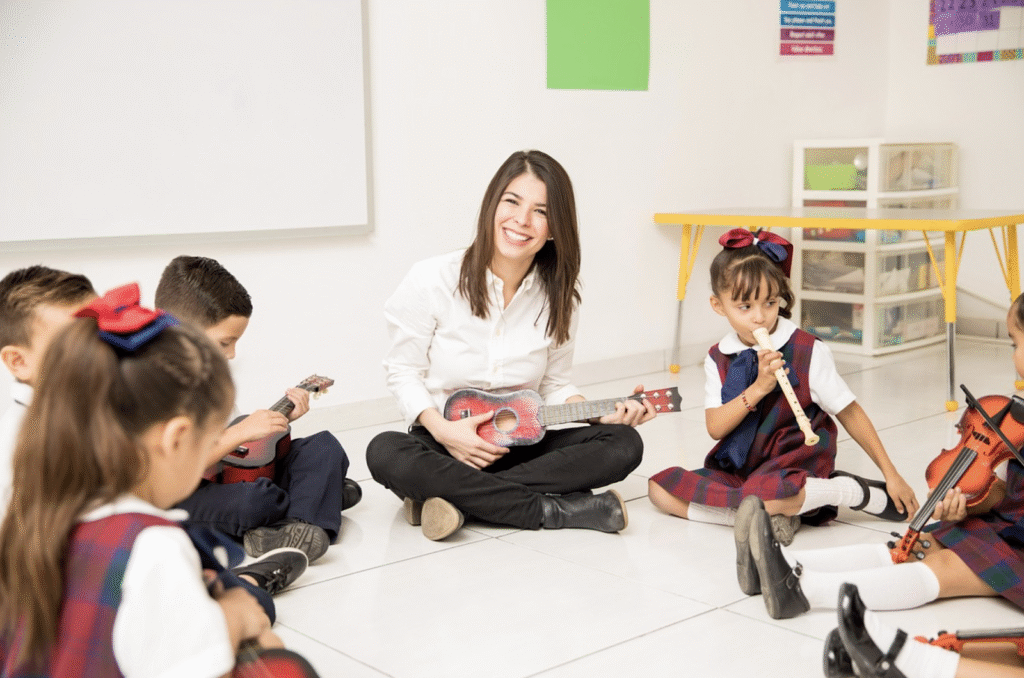Play-Based Activities at MY HORIZONS Private Kindergarten
Preschool age is a period when children explore the world in the most natural way — through play. Play helps children understand new rules, try out different roles, express emotions, and reinforce knowledge. At MY HORIZONS private kindergarten, play-based activities form the foundation of the educational process: they combine curiosity with usefulness, and development with enjoyment. Here, children learn easily, naturally, and with joy.
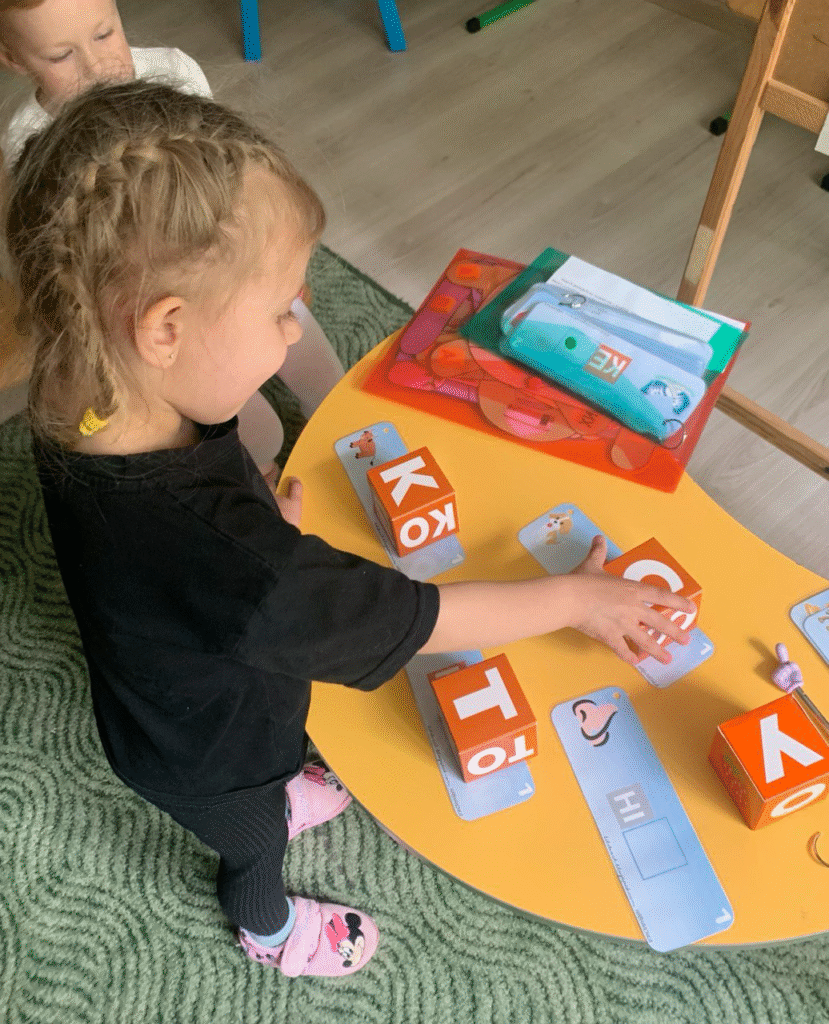
Learning Through Play: Modern Methods
Modern pedagogy shows that children learn most effectively through play, as it is their natural way of exploring the world. At MY HORIZONS private kindergarten, this principle is fully applied: educational tasks are woven into engaging scenarios, turning each activity into an adventure. For example, learning numbers and letters can be combined with active games, creative exercises, or interactive materials.
Teachers carefully select developmental games that train not only logic and memory but also imagination, attention, and communication skills. These may include board activities, construction sets, role-playing games (“store,” “hospital,” “travel”), or simple experiments with natural materials such as sand, water, or pebbles. Through such activities, children not only receive information but also learn to apply it in everyday life.
Each game at the kindergarten has a clear educational goal. Some develop language skills, others help master the basics of math or science, and others foster emotional development. Most importantly, all tasks remain engaging and accessible for young children.
Thanks to this approach, children not only acquire knowledge but also develop a positive attitude toward learning itself. They understand that learning is not an obligation, but an exciting game in which each day brings new discoveries and vivid emotions.
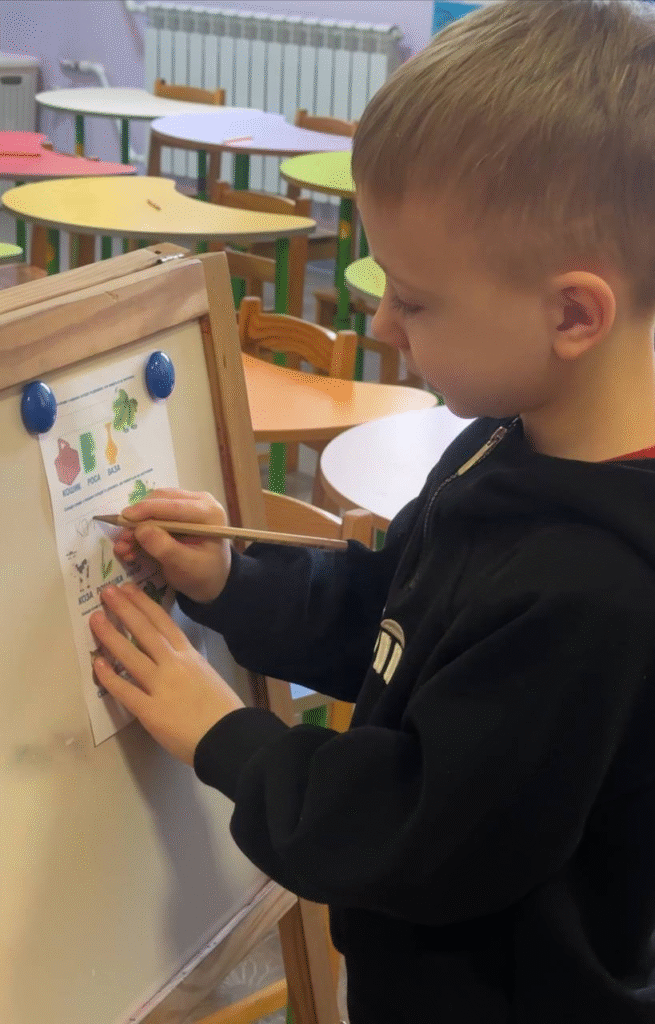
The Role of Play in Developing Attention and Memory
Play activities have a significant impact on the development of cognitive skills. Participating in educational games helps children train their attention: they focus on rules, learn to wait their turn, and control impulses. These skills are important for future school learning.
Equally important is the effect of play on memory. Children memorize new words, numbers, or images more quickly when presented in the form of fun tasks. For example, learning poems may be accompanied by movements, and acquiring foreign words can involve songs or picture cards.
Play also stimulates the development of thinking: children learn to analyze, find solutions, and apply knowledge in new situations. In this way, simple and fun exercises become the foundation for significant learning achievements in the future.
Examples of Interactive Games
At MY HORIZONS kindergarten, interactive learning plays a special role. For example, language development is supported through role-playing games with dolls and cards. Children create dialogues, act out small scenes, and naturally develop their language skills.
Another popular format is active quests. Children search for a “lost treasure” while completing tasks involving math, logic, or memory. This combination of physical activity and intellectual challenges makes learning engaging and dynamic.
Creative games are also used: drawing, crafts, and musical improvisations. These activities not only develop imagination but also foster confidence in one’s abilities. Each game has a specific educational goal — to teach, develop, or reinforce skills — but for the child, it always feels like an exciting adventure.

